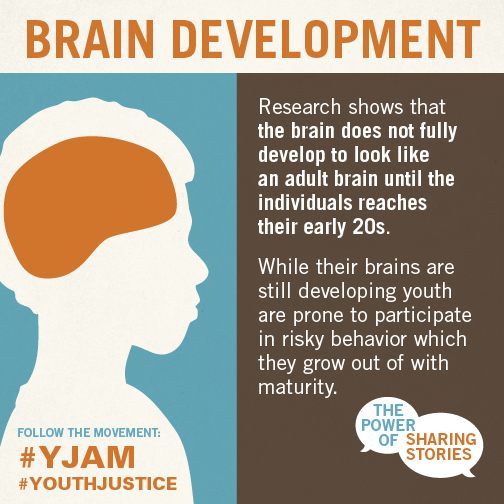 A few years ago, my best friend’s husband was laid off. We were upset. In fact, we were very upset and we were not sure how to best cope with the news. One of us had the amazing idea of relying on an old high school technique of payback known as “egging someone’s house”. We talked about the pros and cons of driving to the boss’s house and just pelting it with a couple dozen eggs. “It would feel so good” one of us said, “…and serve him right” we said; but someone brought up the possibility of being caught and possibly arrested. I remember thinking that it would be hard, and beyond embarrassing, to explain to my friends and colleagues that at 42 years old I had been arrested for vandalism because I egged someone’s house. We then successfully used our mature and experienced brains to talk ourselves out of taking any action and moved on to more reasonable ways to cope with the situation.
A few years ago, my best friend’s husband was laid off. We were upset. In fact, we were very upset and we were not sure how to best cope with the news. One of us had the amazing idea of relying on an old high school technique of payback known as “egging someone’s house”. We talked about the pros and cons of driving to the boss’s house and just pelting it with a couple dozen eggs. “It would feel so good” one of us said, “…and serve him right” we said; but someone brought up the possibility of being caught and possibly arrested. I remember thinking that it would be hard, and beyond embarrassing, to explain to my friends and colleagues that at 42 years old I had been arrested for vandalism because I egged someone’s house. We then successfully used our mature and experienced brains to talk ourselves out of taking any action and moved on to more reasonable ways to cope with the situation.
This story frequently comes to mind when thinking about the numerous reasons why trying children as adults in a court of law makes absolutely no sense. My story demonstrates a compelling, and quite striking, contradiction in the law: No matter how “juvenile” our crime might have been, the idea of transferring the case to juvenile court would be unheard of because we, at 42 years of age, are simply too old to be considered juveniles. This makes sense. We have more life experience and more developed brains, and it is simply not just to try 42 year olds in juvenile court no matter how ridiculous their behavior. Yet, it is common practice to try children as adults in a court of law. In most states, children who are charged with violent crimes are transferred to adult court. If we follow the very simple logic above, this is simply not just. There are no twelve year olds who have fully mature brains, or have the experiences that adults have. It simply does not make sense.
I appreciate that as a neuroscientist I should probably try to bolster my argument by detailing the many well-established facts about the development of the human brain that have consistently shown clear and reliable differences between the structure and function of adolescent brains relative to adult brains. These facts have been heard, and endorsed by, the Supreme Court of this country in two separate recent rulings that prohibit the execution of juvenile offenders (Roper v. Simmons) and prevent juveniles from receiving mandatory life sentences without the possibility of parole (Miller v. Alabama).
As breathtaking as I find neuroscience, it pales in comparison to common sense. On par with the ridiculousness of trying adults as juveniles would be the notion of having a jury made up of 12-16 year olds. I think we would be hard pressed to find someone who would endorse this as a reasonable idea. Why? Because we know that 12-16 year olds are not fully mature and as a result we legally prohibit them from serving on juries.